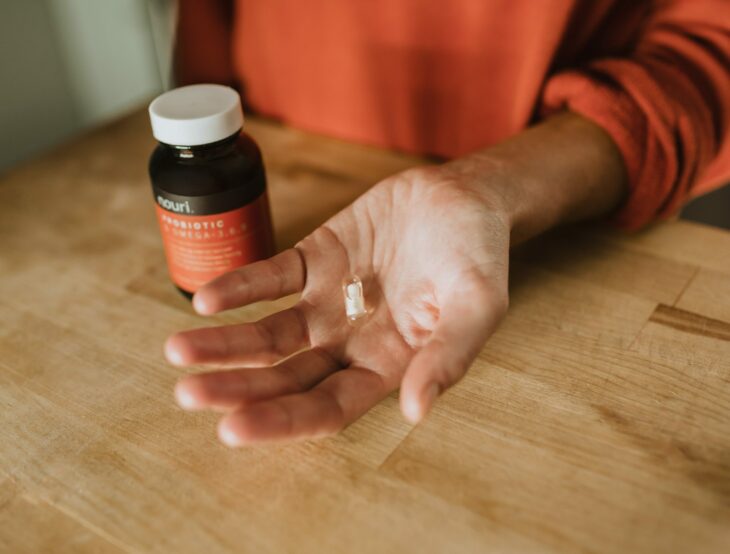Humans are host to a variety of microorganisms. The human intestinal tract actually has more bacteria than human cells. Microorganisms are known to play a variety of roles in the body. Some, like pathogenic viruses and toxins, are harmful to us. Others play a beneficial role in our body, like the treatment or prevention of disease.
Scientists are looking for new ways to utilize these beneficial microorganisms. When live microorganisms are given to another living organism in adequate amounts, they are referred to as probiotics.
Probiotic use is increasingly common in clinical practice. However, research on probiotics is complicated. While many bacterial strains have been studied for their health benefits, researchers still don’t understand exactly how they interact with the body to produce these results.
Scientists can study what happens when human cells interact with probiotics in controlled environments, like a petri dish, but interactions in the human body are complicated by the immune system. Due to this complication, lab studies show what is expected to happen when people take probiotics, but they don’t always replicate real life.
A team of researchers led by Christina Stene from Lund University recently studied what happens when people take probiotics for long periods of time. Stene and colleagues tested two probiotic species, Lactobacillus plantarum and Bifidobacterium infantis, to determine their health-enhancing properties. Their goal was to see if immune system activity was altered after people took probiotics for more than a month.
This study was one of the first to examine the effects of long-term exposure to probiotics in humans. Fourteen healthy participants with no gastrointestinal symptoms (like heartburn or constipation) volunteered for the study. The scientists randomly split the participants into one of two treatment groups. One group was given L. plantarum and one was given B. infantis. By randomly assigning which probiotic each participant was given, the scientists reduced the risk their bodily responses occurred by chance alone.
The team selected two common probiotic strains of the microorganisms, CURE21 and Lp299, based on their reported benefits. CURE21 has been shown to reduce inflammation in rats, and Lp299 has been shown to prevent diseases like leaky gut. As such, the scientists expected to see a decrease in gastrointestinal inflammation in participants given these probiotics.
Each participant ingested freeze-dried powder containing 5 billion live microorganisms twice daily for 6 weeks. The scientists took blood samples from each participant before and after the 6-week trial to check for any inflammation response. They did this by measuring two types of white blood cells produced when inflammation occurs, called leukocytes and lymphocytes. Lower amounts of these white blood cells signal a reduction in inflammation.
Both treatment groups had less leukocytes in their blood after the trial was over. The scientists concluded the difference was sufficient enough to be caused by the probiotics. The difference between pre-trial and post-trial leukocyte counts was larger for the Lp299 treatment group than for the CURE21 treatment group, so Lactobacillus seemed to be better at reducing inflammation.
The team found lymphocyte levels, however, did not change much for either group in the trial. They suggested this discrepancy in white blood cell counts could be due to the small study size, the short timeline of the study, or the dose of probiotics the participants received.
In addition to white blood cells, the scientists also studied the participants’ gastrointestinal experiences during the trial. Participants in both treatment groups reported improved gut function, like more regular bowel movements. The scientists interpreted these results to mean the probiotics improved both inflammation and general quality of life for the participants.
This study brings scientists one step closer to maximizing the benefit of microorganisms already existing within us all. These researchers suggested probiotic strains like Lactobacillus and Bifidobacterium could one day be used to strengthen and prepare the body before gastrointestinal surgeries or chemotherapy. Probiotics might just provide a new secret weapon against stomach issues!


